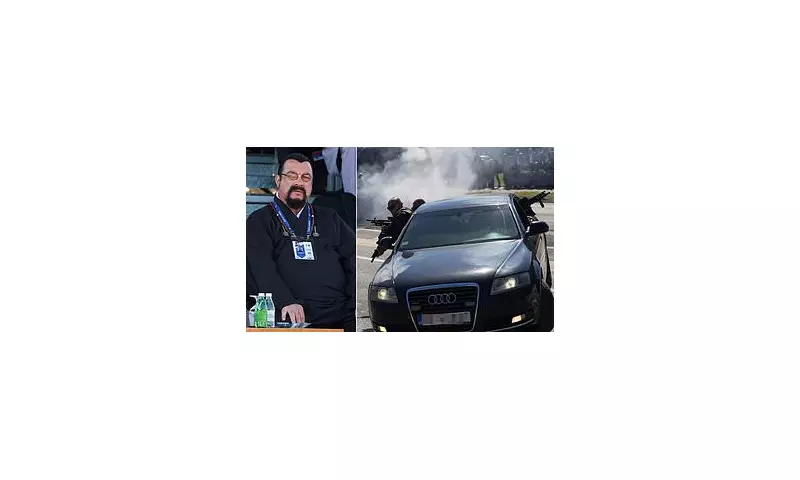
Hollywood actor Steven Seagal has ignited a firestorm of controversy following his high-profile appearance at a major military parade in Serbia. The action star, a well-documented close friend and supporter of Russian President Vladimir Putin, was photographed alongside Serbian President Aleksandar Vucic at the event in Belgrade.
The timing of his appearance is particularly sensitive, coming just days after the UK government imposed direct sanctions on the 71-year-old actor for his role in spreading disinformation
about the war in Ukraine. The UK Foreign Office explicitly stated Seagal was supporting and benefiting from the Government of Russia.
A Parade of Power and Provocation
The parade itself was a significant display of Serbian military might, marking the country's National Day of Liberation in World War II. Footage and photographs show Seagal, dressed in a dark suit and sunglasses, observing the display of tanks, armoured vehicles, and troops alongside the nation's political leaders.
His presence was interpreted by many Western observers as a deliberate political provocation. By hosting a recently-sanctioned individual, Serbia appears to be solidifying its alignment with Moscow, despite its official aspirations to join the European Union.
The UK's Stance on the 'Under Siege' Star
The UK's sanctions, announced on the two-year anniversary of Russia's full-scale invasion of Ukraine, placed Seagal on a list of individuals subject to an asset freeze and travel ban. The government accused him of using his celebrity status to legitimise Russian aggression in Ukraine.
This move was part of a broader package of sanctions targeting individuals and companies across Russia, the arms industry, and key sources of revenue. Seagal's inclusion highlights the West's strategy of targeting high-profile cultural figures who lend their support to the Kremlin's narrative.
Seagal's relationship with Putin is long-standing. The Russian leader awarded him citizenship in 2016 and later appointed him as a special representative for Russian humanitarian ties with the United States—a role criticised as a propaganda tool.
His appearance in Belgrade, therefore, is more than a celebrity sighting; it is a stark symbol of the complex geopolitical tensions playing out in the Balkans and a test of Serbia's diplomatic allegiances.






